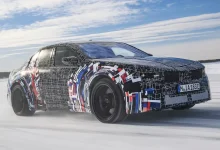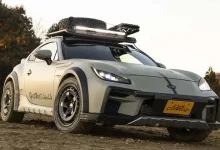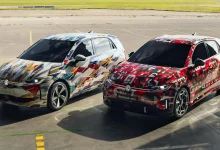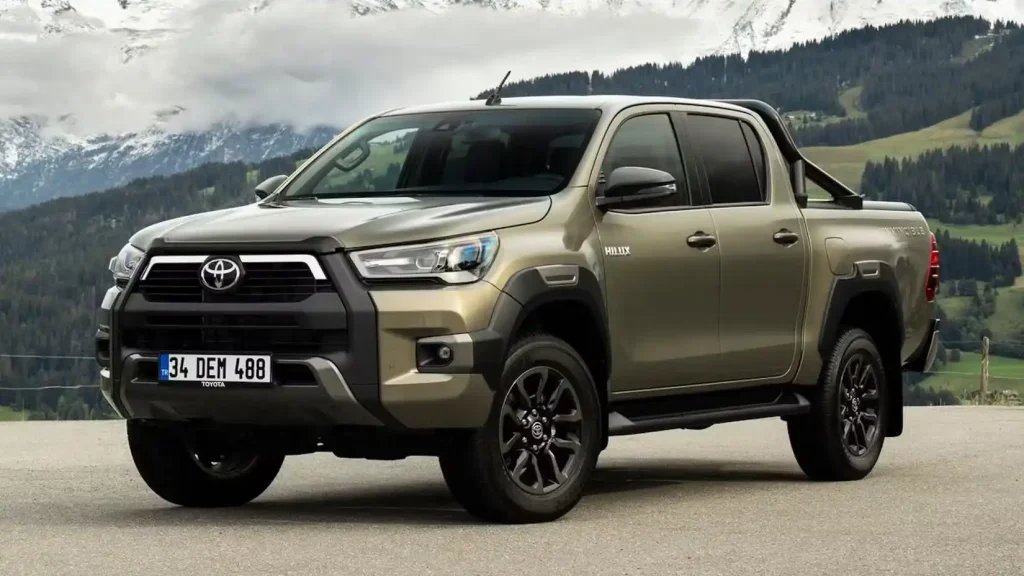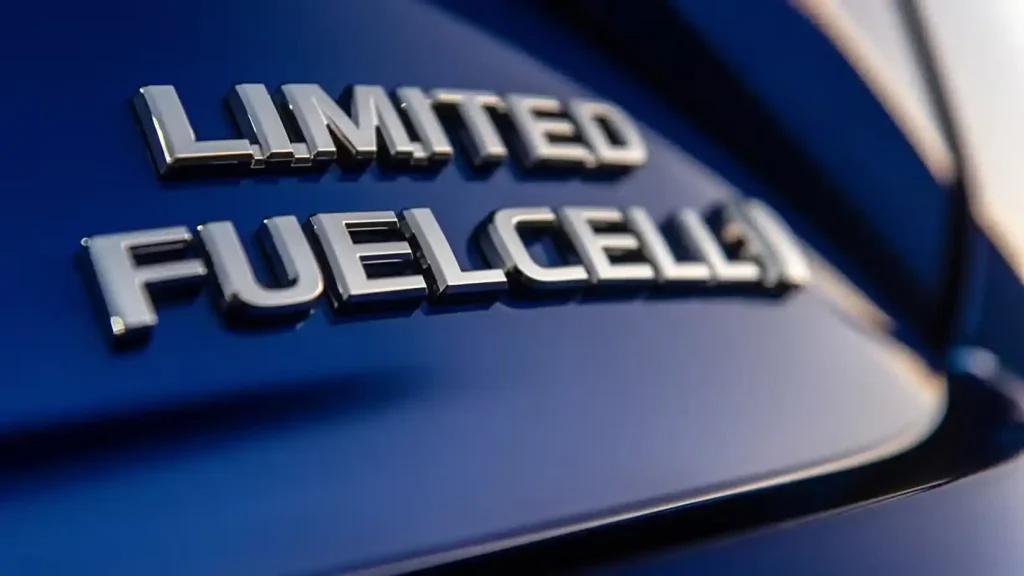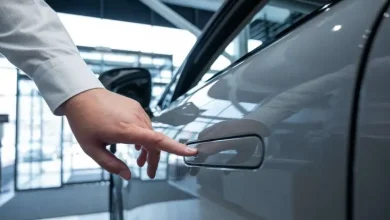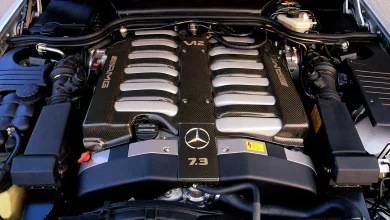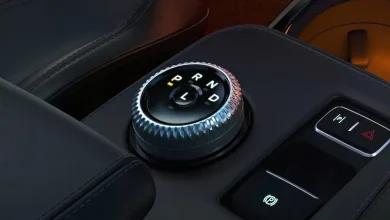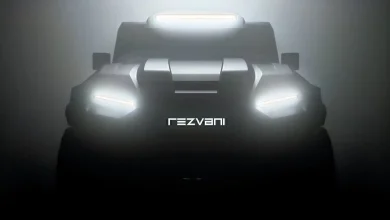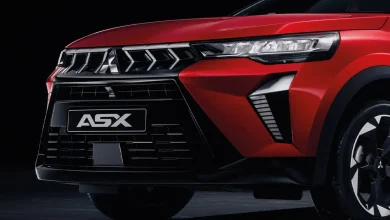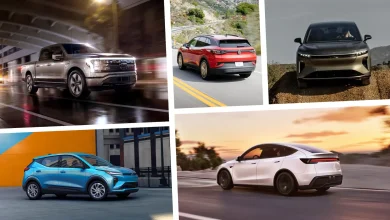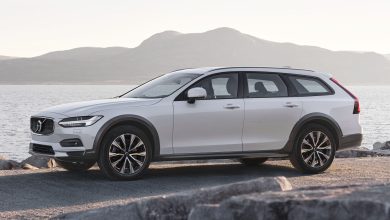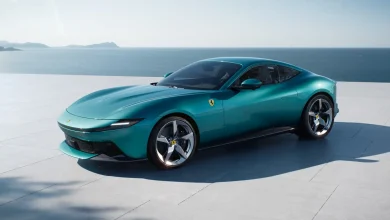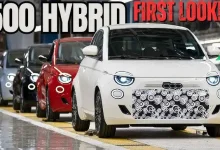Toyota Predicts the End of Diesel: How Much Time Is Left for the Engine?
“Toyota’s Diesel Forecast Signals Challenges Ahead for the Fuel”
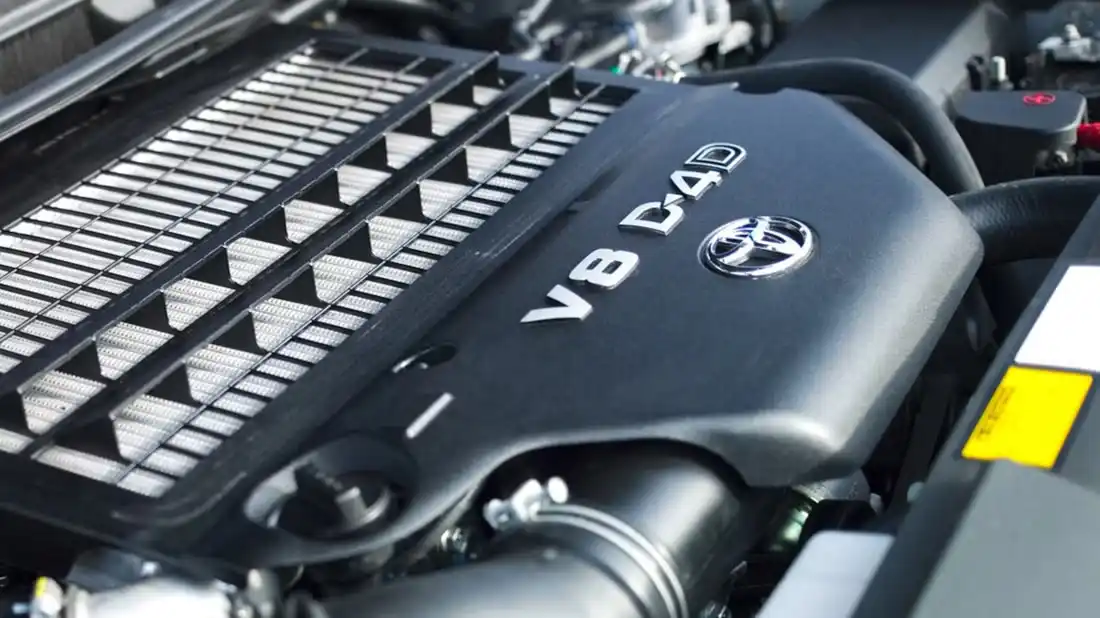
Toyota has long been a vocal advocate for the internal-combustion engine, accurately anticipating that the shift to fully electric vehicles will be gradual. The company also projects that ICE powertrains may remain relevant for years to come, particularly in applications like long-haul trucking.
Toyota, however, is less optimistic about diesel engines. In a recent interview with CarExpert, Sean Hanley, Toyota Australia’s vice president of sales, marketing, and franchise operations, suggested that diesel has a limited future. He expects it to remain in use for the next decade, after which alternative fuels are likely to take over.
Gas-Electric Hybrids on the Rise
Hanley’s comments focused on the Australian market, where diesel has historically been popular due to long distances and extensive mining operations. In essence, if diesel faces a limited future in Australia, its prospects elsewhere look even dimmer. Notably, one of Toyota top-selling models in the country, the Hilux midsize pickup, relies primarily on a diesel powertrain.
According to Hanley, Toyota intends to gradually phase out diesel engines in favor of gas-powered hybrid powertrains. The company is already emphasizing hybrid technology in the U.S., where it is increasingly becoming the standard option, most recently with the Toyota Camry sedan. While Toyota does not sell diesel vehicles in the U.S., its Hino commercial vehicle subsidiary continues to offer diesel trucks in the market.
Unlike gasoline engines, which rely on spark plugs for ignition, diesel engines use compression ignition. This gives diesels higher thermal efficiency and significantly better fuel economy. The downside is that they emit greater amounts of pollutants, including nitrogen oxides and particulate matter, and produce more carbon per unit of fuel burned. These emissions were central to Volkswagen Group’s Dieselgate scandal a decade ago, leading many automakers to move away from diesel technology.
Hydrogen as a Long-Term Solution
Looking further ahead, Hanley told CarExpert that hydrogen will increasingly play a role, especially in the commercial vehicle sector. He pointed to around 2035 as the point when hydrogen could become a practical alternative, with sufficient infrastructure in place to make it both convenient and affordable. Toyota is actively helping develop this infrastructure, including its Tri-Gen plant at California’s Port of Long Beach, which converts biogas into usable water, renewable electricity, and renewable hydrogen.
Toyota is developing both hydrogen-powered internal-combustion engines and hydrogen fuel cells, which generate electricity by combining hydrogen with oxygen from the air, producing only water as a byproduct. Fuel cells can either fully power a vehicle, as seen in the Toyota Mirai sedan, or act as a range extender for battery-electric vehicles. The latter approach is already being used in the commercial sector by truck makers like Daimler, Hyundai, and Volvo. Toyota is also collaborating with truck manufacturer Kenworth to test a small fleet of fuel-cell trucks at the Port of Long Beach.
